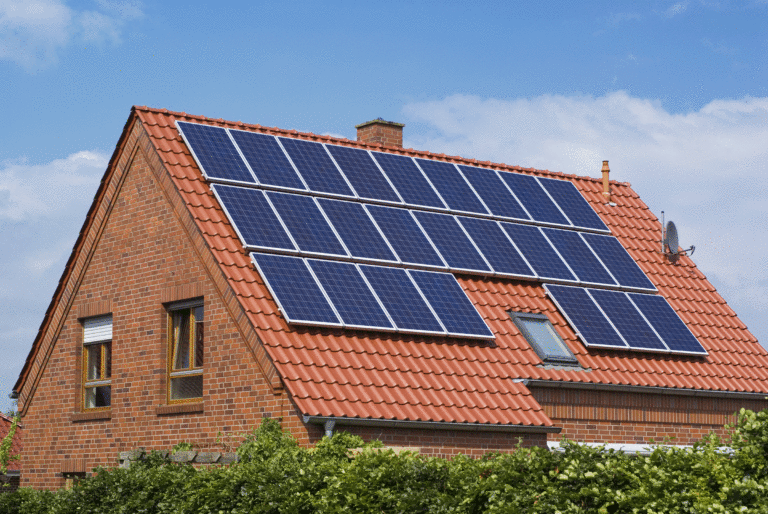Turkey’s current rooftop solar potential reached ten times its installed solar capacity, as per the report by Ember. which is sufficient to achieve 45% of electricity consumption, the nation, now has 120 GW of technical potential for solar power from rooftop sources, with US$3.6b of subsidies that can be reduced from residential consumption.
The report says that the top three provinces with the most rooftop solar potential are Istanbul (10.4 GW), Ankara (10.1 GW) and Izmir (9.3 GW) – three areas with the highest population. This is in contrast with industrial provinces like Kocaeli (2.5 GW), Manisa (3.1 GW), and Tekirdağ (1.9 GW), given being areas with less industrial influence.
“For the potential generation of rooftop capacity, Ankara leads with 12.5 TWh, followed by Izmir (12.4 TWh) and Istanbul (11.4 TWh). However, metropolitan cities like Konya (113%), Ankara (88%) and Izmir (76%) gain such high potential through the billed electricity consumption, “says the report.
“Additionally, global solar capacity reached a total of 239 GW in 2022, with 118 GW attributed to rooftop installations. Contributing to that is a 49% increase in new rooftop solar power plants. For the EU, 66% of overall solar capacity comes from rooftop sources, “the report noted.
As per the report, Turkey sees a potential for the production of solar energy when supported by policy recommendations and tariff subsidies. The use of rooftop solar sources can also be an equitable measure for clean power since it requires zero land and generates affordable sources of power.
“It will largely contribute to Turkey’s push for a zero-carbon economy, mitigating the EU’s carbon border levy and protecting people from producing their electricity,” said the report.
“Rooftops are prioritised in energy transition policies across the world – and for good reason. Introducing rooftop solar obligations for new buildings and public buildings, and the tendering of suitable apartment building roof areas by municipalities can both help Türkiye achieve its energy targets and enable people to generate their own electricity cheaply,” Ufuk Alparslan, regional lead at Ember, said.

